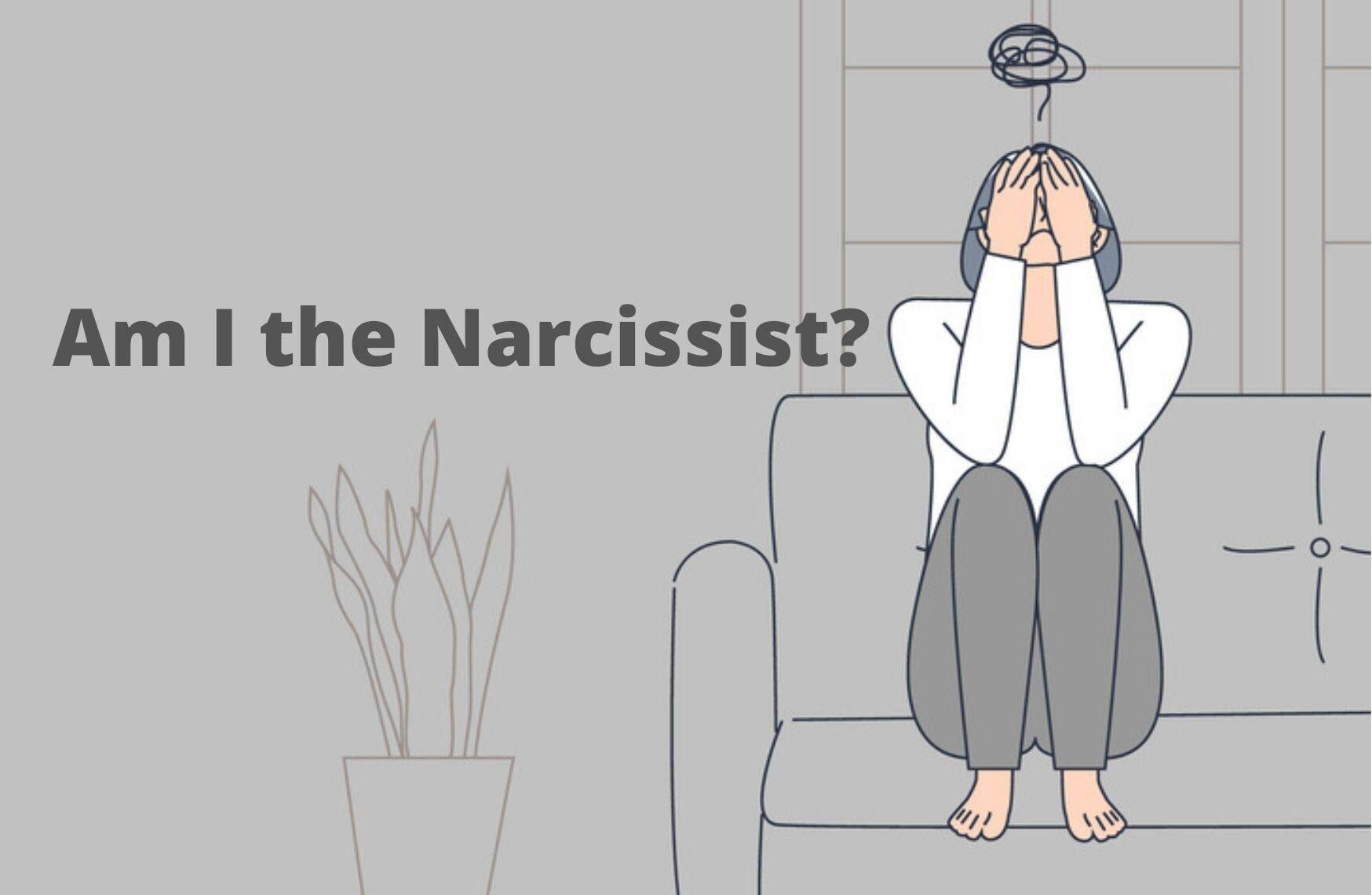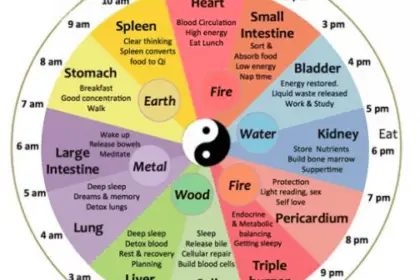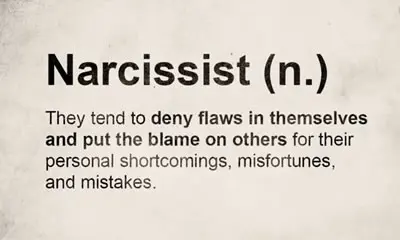Speaking from first hand experience, it can be extremely difficult to identify a narcissist. This is especially true if you are in a relationship with a one. When you are in the “thick” of things, it can feel like you are the problem. Like you are the cause of the arguments, or like you just don’t do enough… or maybe you’re feeling like you’ve totally lost your mind and can’t take much more. This is because one of the most common traits used by a narcissist is manipulation. Narcissists often use manipulation as a means of getting what they want and maintaining control over others.
Here are some common ways that narcissists may use manipulation:
- Gaslighting: This is a form of psychological manipulation in which the abuser makes the victim doubt their own memories, perceptions, or sanity. This can obviously make the other person feel crazy.
- Love bombing: The narcissist may shower the victim with excessive affection and attention in the beginning of the relationship, then suddenly withdraw it to control and manipulate the victim.
- Triangulation: The narcissist may manipulate two or more people by pitting them against each other, creating division and confusion.
- Projection: The narcissist may project their own negative traits or actions onto others, making the victim feel responsible for the narcissist’s problems or behavior.
- Blame-shifting: The narcissist may avoid taking responsibility for their actions by blaming others for their problems or mistakes.
- Guilt-tripping: The narcissist may make the victim feel guilty or ashamed for their thoughts, feelings, or actions in order to control them.
Another common trait in a narcissist is an inflated sense of self-importance and a need for admiration and attention. Narcissists often have a over-confident view of themselves and their abilities, and they crave admiration and attention from others. They may also have a lack of empathy and a tendency to exploit or manipulate others to achieve their goals.

How Do I Identify A Narcissist
- Grandiosity: Narcissists often have a over poised view of themselves and their abilities, and they may brag or boast about their accomplishments.
- Sense of entitlement: Narcissists believe they are entitled to special treatment and may expect others to cater to their needs and wants.
- Need for admiration: Narcissists crave admiration and attention, and they may go to great lengths to get it.
- Lack of empathy: Narcissists may have a difficult time understanding or caring about the feelings and needs of others.
- Manipulative behavior: Narcissists may use manipulation and exploitation to get what they want from others.
- Difficulty with relationships: Narcissists may have a history of failed relationships or a pattern of using and discarding others.
It’s important to note that not everyone who displays some of these traits is a narcissist, and a diagnosis of narcissistic personality disorder should only be made by a mental health professional. However, if you suspect someone may be a narcissist, it’s important to protect yourself and seek support if necessary.

Avoid Getting Involved With A Narcissist
Pay attention to patterns of behavior in potential partners, such as a history of failed relationships, a tendency to blame others, or a lack of empathy.
- Be clear about your boundaries and don’t tolerate abusive or controlling behavior.
- If something feels off, it probably is. Trust your instincts and don’t ignore red flags.
- Don’t rush into a relationship. Take the time to get to know someone and see how they treat others.
- Talk to friends, family, or a therapist about your relationship concerns. They can help you gain clarity and provide a sounding board.
Remember, it’s important to prioritize your own well-being and not compromise your values or self-esteem in a relationship. That is exactly what attracted the narcissist to you in the first place. Stand your ground, and have a support system.

How Do I Leave A Narcissistic Relationship
Leaving a narcissistic relationship can be challenging and sometimes even dangerous. Here are some steps to help you safely leave a narcissistic relationship:
- Make a plan for leaving, including logistics such as where you’ll go and how you’ll support yourself. Consider seeking help from a therapist, domestic violence shelter, or a support group.
- Surround yourself with supportive friends and family members who can help you during and after the process of leaving.
- Gradually limit contact with the narcissistic partner, especially if they have a history of violence or abuse. This may include cutting off communication completely.
- Keep a record of any abusive or manipulative behavior, including dates, times, and witnesses. This can be helpful if you need to seek legal protection.
- If you are in immediate danger, seek help from the police or a local domestic violence organization. You may also want to consider getting a restraining order.
- Leaving a narcissistic relationship can be emotionally and psychologically taxing, so it’s important to prioritize self-care and seek support from trusted friends and family members.
Remember, leaving a narcissistic relationship can be a difficult and complex process, and seeking help from a therapist or a support group is recommended. To find therapy in your area, check out Good Therapy.

How Do I Recover From Narcissistic Abuse?
Recovering from narcissistic abuse can be a long and challenging process, but it is possible with the right support and resources. Here are some steps to help you recover:
- Learn about narcissistic abuse and the effects it can have on your mental health. Understanding the dynamics of the abuse can help you make sense of what you’ve been through and begin to heal.
- Surround yourself with supportive friends and family members who can help you during the recovery process. Consider joining a support group for survivors of narcissistic abuse.
- Take care of your physical and emotional well-being by engaging in activities that promote self-care, such as exercise, meditation, or hobbies.
- Learn to set and enforce healthy boundaries to protect yourself from further abuse. This may include limiting or ending contact with the abusive individual.
- Work on reclaiming your sense of self and building a life that is fulfilling and meaningful. Focus on your strengths and accomplishments, and remind yourself of your worth.

Remember, recovery from narcissistic abuse is a process that takes time and patience. Be kind to yourself and seek support when needed.
Where Does Narcissistic Behavior Come From?
The exact causes of narcissistic behavior are not fully understood and are likely to be complex and include many factors. Some theories suggest that it may be influenced by a combination of genetic, environmental, and psychological factors, including:
- Some research suggests that individuals who were raised in environments characterized by excessive praise, lack of boundaries, or emotional neglect may be more likely to develop narcissistic traits.
- There may be a genetic component to the development of narcissistic behavior, as research suggests that there is a heritability factor for certain personality traits.
- Traumatic experiences, such as abuse or neglect, may increase the likelihood of developing narcissistic traits.
- Abnormalities in the brain’s regulation of certain neurotransmitters, such as serotonin, may contribute to narcissistic behavior.
It’s important to note that the causes of narcissistic behavior are not well understood and are likely to be complex and unique to each individual. A mental health professional can provide a diagnosis and treatment recommendations based on a full assessment of an individual’s history and symptoms.
How Do I Know if I’m the Narcissist in a Relationship?

It can be a tough pill to swallow, but if you’re wondering if you might be a narcissist in a relationship, take some time to do some deep reflecting on your own actions, and ask yourself if you exhibit any of these behaviors:
- Do you have an inflated sense of self-importance or a need to be the center of attention?
- Do you believe you are entitled to special treatment and expect others to cater to your needs and wants?
- Do you crave admiration and attention, and go to great lengths to get it?
- Do you have a difficult time understanding or caring about the feelings and needs of others?
- Do you use manipulation and exploitation to get what you want from others?
- Do you have a history of failed relationships or a pattern of using and discarding others?
If you recognize any of these traits in yourself, it may be helpful to seek the advice of a mental health professional. They can help you understand your behavior and provide guidance on how to make positive changes in your relationships.
If you know someone who is struggling with narcissistic abuse in their relationship, please share this article with them, and let them know they deserve much better.





